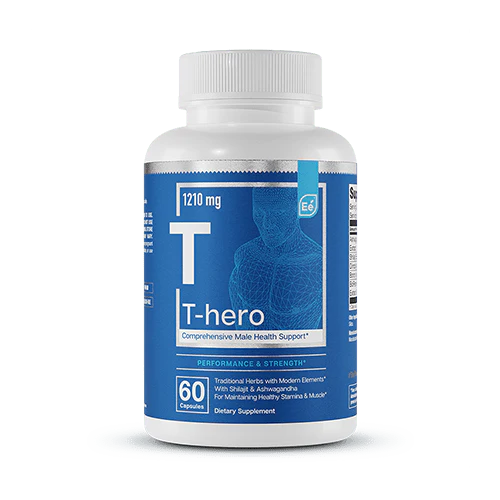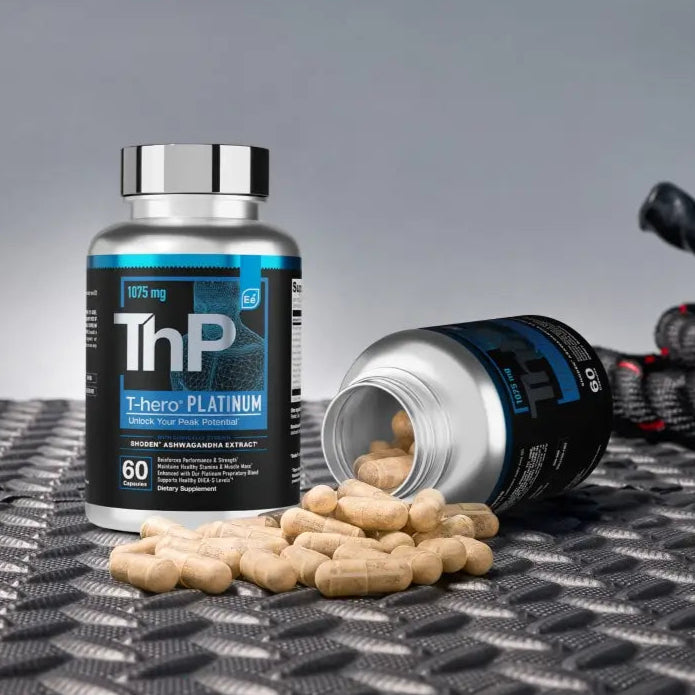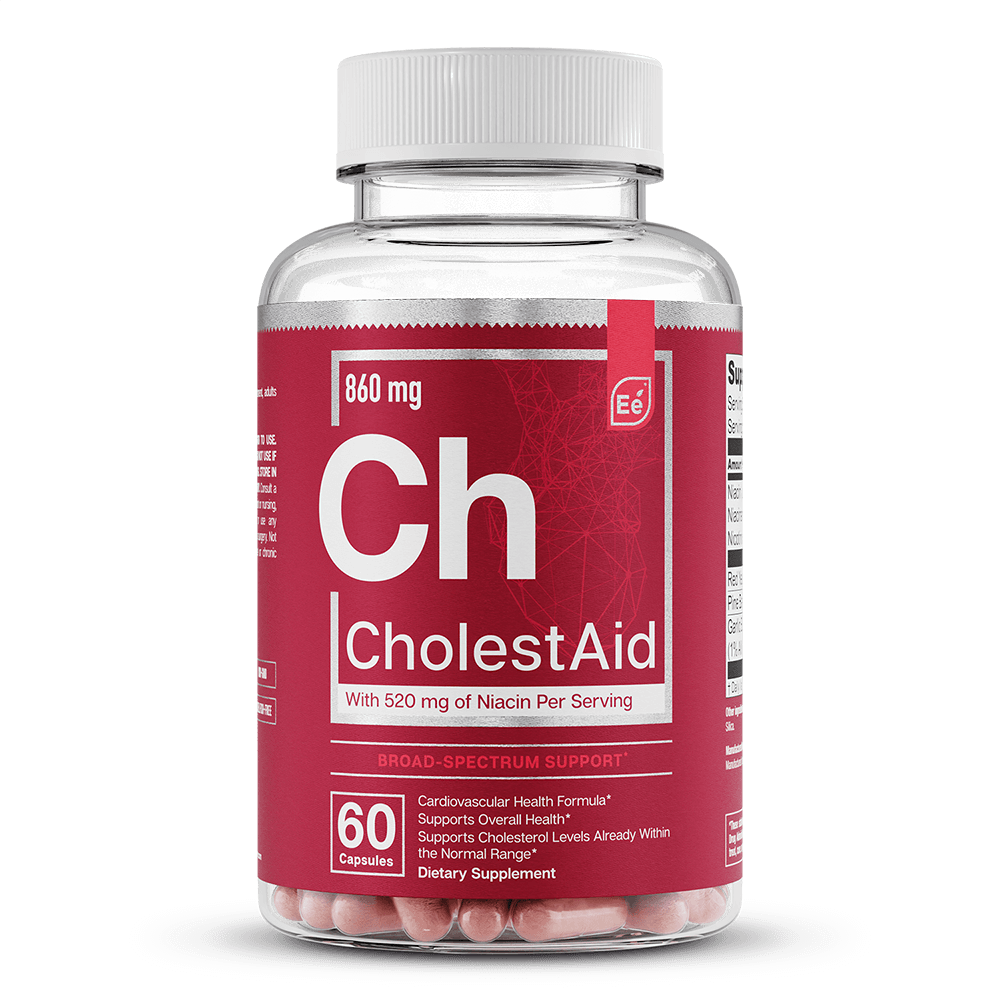What Happens When You Have an Electrolyte Imbalance
Don’t let it happen to you! Many people don’t realize their electrolytes are getting low until it’s too late. Signs of an electrolyte imbalance can range from mild to severe, and many common dehydration symptoms get ignored until it becomes a bigger problem. In fact, most people are low on at least some electrolytes on a regular basis.
Even if you aren’t physically active everyday, your body still uses electrolytes for regular, daily activities. People often aren’t even aware that their electrolyte supply needs to be replenished frequently to avoid feeling a little extra tired or a bit crabby. You may not have all the signs and symptoms that might make you more concerned about your hydration, but the way you feel on a daily basis is often a result of how hydrated you are.
Why We Need Electrolytes
Electrolytes are minerals that are electrically charged and used for all kinds of body functions. Without them, our blood flow, muscle contractions, nerve conductivity, and cellular metabolism are all affected. When it comes down to it, we just can’t live without them, literally! Our body can’t do the basic functions that allow us to live without electrolytes.
What Is an Electrolyte Imbalance?
Our electrolytes become imbalanced when there’s too much or too little of one or more electrolytes. Sodium, potassium, calcium, chloride, phosphate, and magnesium are essential electrolytes that can become imbalanced for a variety of reasons. Certain medications, medical conditions, and of course, not consuming enough electrolytes are common causes.

At first, when electrolytes aren’t in the right ratio, mild symptoms may appear, but as an imbalance progresses, symptoms can be a sign of a serious issue and should be treated with medical attention immediately.
Are There Different Types of Electrolyte Imbalances?
An electrolyte imbalance can have different causes and symptoms depending on which electrolyte has the wrong levels.
Sodium Imbalance
Sodium is one of the most important electrolytes and is very common in the modern diet. Too much sodium can contribute to many long-term health problems but not having enough is not good either. Low sodium levels have been seen more often in recent years in people who eat restricted diets and/or drink too much water throughout the day.
Too much sodium in your body is called hypernatremia and can be caused by consuming too much salt or losing too much water (or not drinking enough in the first place). Severe cases tend to be caused by an underlying medical condition, and people with kidney disorders, poorly controlled diabetes and certain medications may be more prone to the condition. This can also be caused by illnesses that result in fever, vomiting, or diarrhea.
High sodium levels can cause many symptoms, such as:
♦ excessive thirst
♦ spasms
♦ fatigue
♦ irritability
♦ muscle weakness
♦ seizures (in severe cases)
Too little sodium in your body is called hyponatremia. It’s often caused by drinking too much water, hormonal disorders, kidney disease, liver problems, heart conditions, and illnesses that cause dehydration.

People with this imbalance can experience the following:
♦ nausea
♦ confused thinking
♦ drowsiness
♦ irritability
♦ seizures
Potassium Imbalance
Potassium helps to keep fluids balanced in the body and counterbalances sodium levels. It plays a part in balancing blood pressure and is essential to fluids being able to move in and out of our cells.
Too much potassium in your body is called hyperkalemia, and it’s not usually caused by eating foods high in potassium unless there is an underlying condition. Kidney disorders are the most common cause of high potassium as it’s their job to excrete any excess potassium out of the body.
It’s also possible to take too much potassium in supplement form, so check with your doctor before using any potassium supplements or salt substitutes that could contain potassium chloride. Other health problems that can contribute to dangerous potassium levels include alcohol use disorder, congestive heart failure, diabetes, or Addison’s disease.
Symptoms of this electrolyte imbalance can include:
♦ chest pain
♦ muscle weakness
♦ feeling nauseous
♦ irregular heartbeat
♦ abdominal pain

Too little potassium in your body is called hypokalemia and can be caused by a variety of disorders and is commonly seen with issues of excessive sweating, frequent diarrhea, or vomiting. This is also sometimes seen in people transitioning to a ketogenic diet and can be caused by using diuretics, laxatives, and certain medications. Low magnesium levels can also contribute.
Mild symptoms of low potassium can include:
♦ muscle weakness
♦ lethargy
♦ constipation
♦ heart palpitations
More severe symptoms of hypokalemia that can lead to serious problems include:
♦ lightheadedness
♦ excessive thirst
♦ excessive urination
♦ low blood pressure
♦ muscular dysfunction
Chloride Imbalance
Chloride is essential to nerve conductivity and helps keep the pH balance within our cells and the blood. It supports epithelial cells, which help create protective barriers throughout the body. This element is also very important for proper muscle function.
Too much chloride in your body is called hyperchloremia and can be caused by high amounts of salt intake as it’s attached to sodium ions in table salt. As with other electrolyte imbalances, it can be caused by kidney problems or severe diarrhea. Certain medications, chemotherapy, eating disorders, or a high fever can also contribute.

People with this imbalance may experience the following:
♦ muscle spasms
♦ irregular heart rate
♦ fluid retention
♦ excessive thirst
♦ dry mouth or eyes
♦ high blood pressure
♦ fatigue
Too little chloride in your body is called hypochloremia. It can be caused by drinking too much water, the use of diuretics, excessive antacid use, or genetic complications of the kidneys. Diarrhea and vomiting can also contribute. Because chloride is common in most people’s diets, hypochloremia is rarely an issue from not consuming enough chloride. This imbalance is often found alongside low sodium levels.
Symptoms of low chloride are:
♦ confusion
♦ fever
♦ swelling
Symptoms of an Electrolyte Imbalance
An electrolyte imbalance may start with mild symptoms such as feeling tired, irritability, not thinking clearly, dry mouth or skin, and headaches. As dehydration or an imbalance in one or more electrolytes continues to develop, more severe symptoms appear, such as muscle cramping, darkened urine, extreme fatigue, extreme thirst, seizures, and hypovolemic shock.
As listed above, certain electrolyte imbalances have unique symptoms and often need to be addressed immediately.
How to Treat an Electrolyte Imbalance
Prevention is the best way to go, but if you suspect you are experiencing any complications of an imbalance in your electrolytes, seek medical attention. Mild symptoms may be treated at home with homemade electrolyte solutions, sports drinks, or other electrolyte preparations, but if you have a medical condition that makes you prone to an electrolyte imbalance, be sure to discuss even mild symptoms with your doctor. Depending on your situation, you may need to be careful about what kinds of electrolytes you consume.

Any severe symptoms need to be immediately evaluated by a medical provider. If you are evaluated by a physician, they may recommend a variety of different treatments to address your electrolyte imbalance.
♦ IV fluids - This is probably the quickest and most common way to treat an electrolyte imbalance.
♦ Medications - Depending on the imbalance, diuretics or other medications may be used to remove excess electrolytes from the body.
♦ Supplements - Your doctor may recommend specific electrolyte supplements to treat and prevent electrolyte imbalances.
♦ Dialysis - If the electrolyte imbalance is caused by a kidney disorder, dialysis treatment may be necessary.
High-Risk Factors for Electrolyte Imbalance
While anyone can develop an electrolyte imbalance, people who present the following risk factors may be more likely to experience electrolyte-related issues.
♦ Kidney disorders
♦ Cardiovascular disorders
♦ Endocrine disorders
♦ Eating disorders
♦ Liver disorders
♦ People with substance use disorders
♦ People receiving chemotherapy
♦ People who take certain medications such as diuretics, insulin, antibiotics, laxatives, blood pressure medicines, corticosteroids, and some antihistamines.
♦ Athletes who drink too much water, especially those who participate in very demanding pursuits such as marathons and triathlons
♦ Older individuals, babies, and young children may also be more prone to developing electrolyte imbalances.
The Essential Element
We know it can be challenging to stay continuously hydrated, but being proactive is essential to keeping your electrolyte levels balanced. Of course, there are often other factors that can contribute, and some aren’t always in our control. Some people need to be more vigilant than others, but when it comes down to it, everyone needs electrolytes. By getting the proper amounts of electrolytes into your body, you can avoid many of the pitfalls that come along with having an electrolyte imbalance. Whether you have an active day ahead of you or not, make sure you stay hydrated throughout the day so you can keep up your energy levels and be ready for your next adventure!








